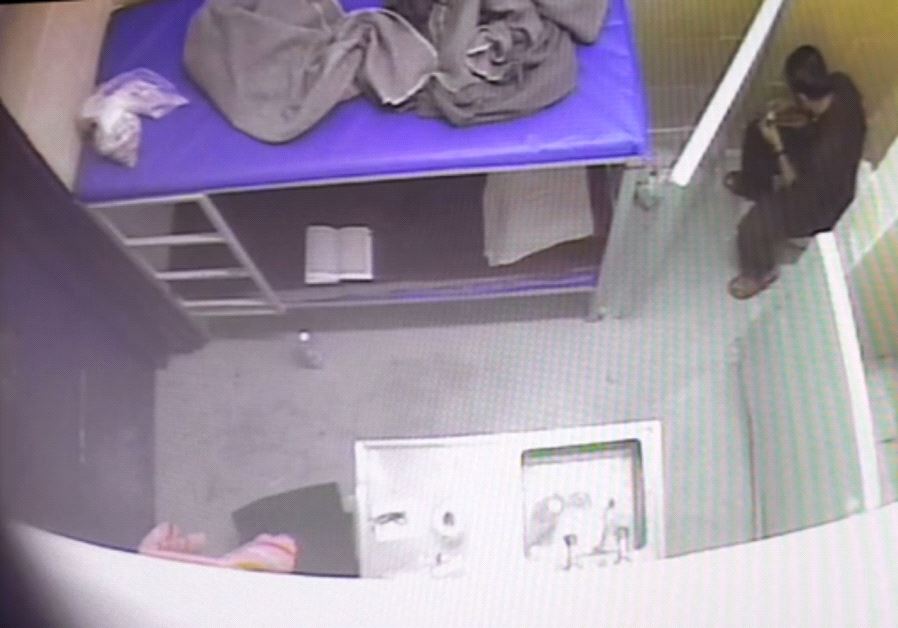Pizza Hut apologizes for post making fun of Palestinian hunger strike
Despite the apology some Twitter users have called for a boycott of the franchise.
 Imprisoned Fatah leader Marwan Barghouti eats in prison(photo credit: ISRAEL PRISON SERVICE)Updated:
Imprisoned Fatah leader Marwan Barghouti eats in prison(photo credit: ISRAEL PRISON SERVICE)Updated: